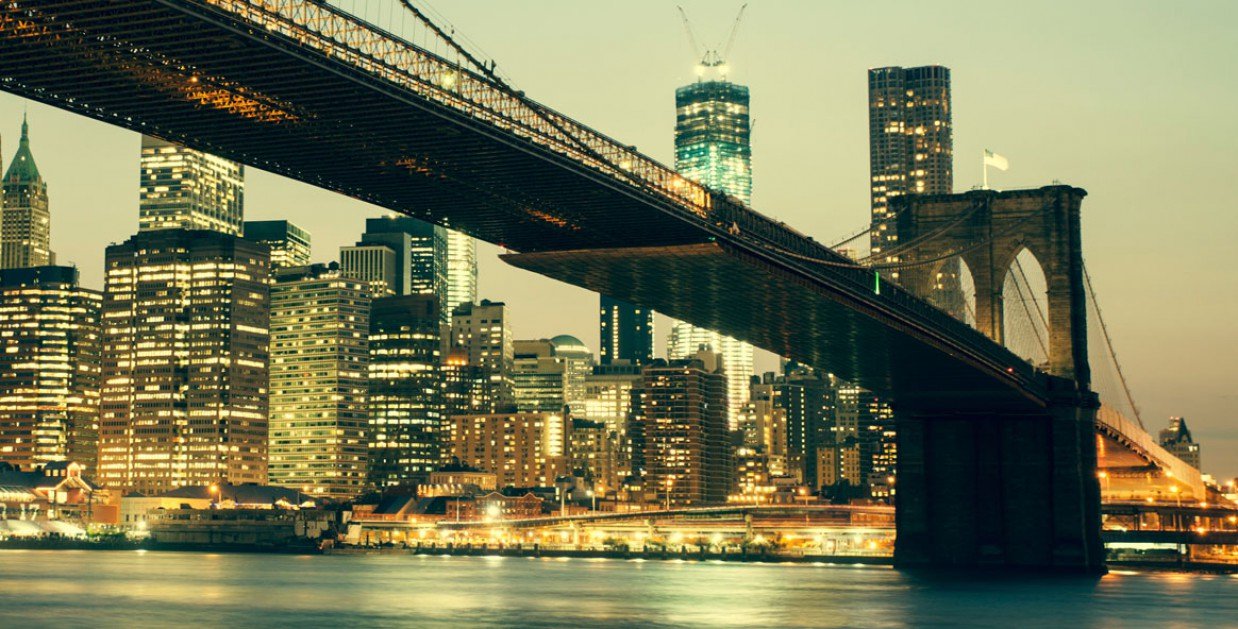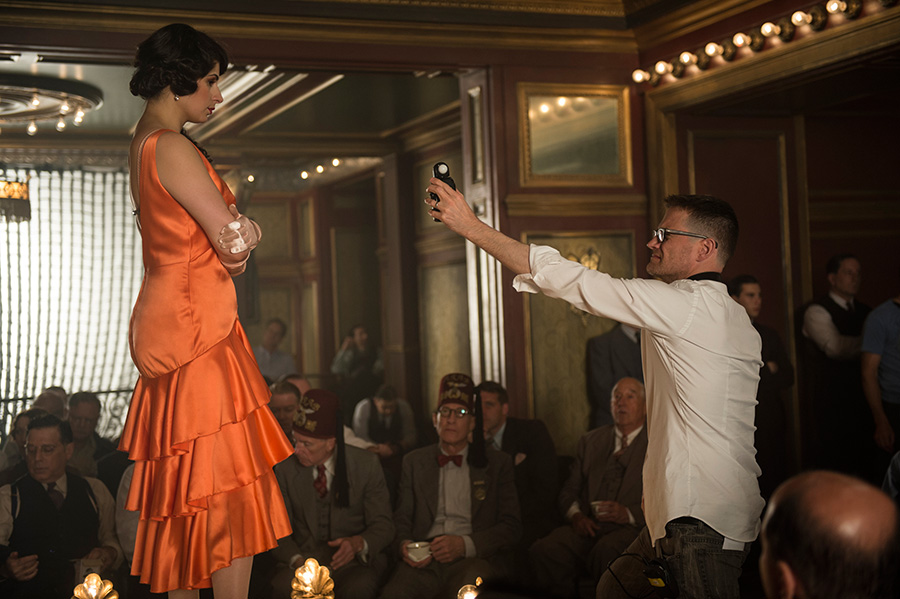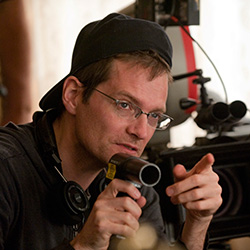Jonathan Freeman
As you began your career, what films/cinematographers did you study and why?
I grew up in the VHS age, so my generation had more opportunities than previous ones to see films that weren’t in cinemas. The technology of the time gave us a full library to study from – it was fantastic! There were so many cinematographers I admired who influenced me in different ways. The standouts were Gregg Toland (ASC), Vittorio Storaro (ASC, AIC), and Gordon Willis (ASC).
Storaro’s lighting was stunning. It had both naturalistic and expressionistic qualities. There’s one scene in 1900 that takes place at a family feast during sunset. The table was bathed in amber, saturated light coming through the windows. But it also had strong blue tones in the shadows for color contrast. The light seemed naturalistic, yet at the same time, all the colors were heightened. As if all the natural tones of sunset were pushed to the extreme. It wasn’t until years later, that I finally went to Tuscany and saw, in fact, that Storaro’s sunset scene was a realistic interpretation of a Tuscan sunset.
What other artistic fields influence your work?
Literature and music.
In literature, I like the old school existentialists like Dostoyevsky and Camus. Dostoyevsky particularly created wonderfully complex characters, which were layered with nuance and contradiction, making them all the more real, in a way. That is very difficult to translate to film because his character arcs were so internal. In trying to emulate this in film, I learned that if you withhold information from the audience sometimes, it can be more powerful than showing it to them. Most scripts are structured through dialogue so this can be hard to recreate. But seeing the character from behind or in silhouette can suggest a contradiction by denying the audience the emotional cue of an actor’s face. It’s a cool devise in the right moment of the story.
Additionally, I love music. In some ways, I think it’s the purest form of art since it’s not restricted by language, and often has a more universal emotional pull than imagery. There’s something primal about it – how a series of notes put together can bring out such a powerful emotional response in so many people. My taste is pretty standard: some classical, jazz and contemporary. I will sometimes use music to influence me when designing the way to shoot a scene or set a mood.
Give us an example of a movie, or a sequence, that says, “this is what making movies is all about.”
There are so many great films and filmmakers to list, but close to the top would be the films by Bertolucci and Kieslowski.
What is one of your favorite locations that you’ve shot and why?
I have two favorites: Iceland and Rome. Prior to getting the opportunity to shoot there for Game of Thrones, I had gone to Iceland almost every other year for 10 years for pleasure. Iceland is one of the most beautiful countries in the world, very dramatic in its landscape. And the people and culture are so unique and wonderful. It’s a place like no other. There’s something profound and primal about it: You feel very close to the creation of the earth there. To be able to capture that in the context of Game of Thrones is a treat.
I also worked at Cinecitta on the HBO series, Rome. It’s a historic studio where Fellini made most of his films, so it was fascinating to be there. We also had the weekends off, so every Saturday and Sunday I would wander the streets, absorbing every aspect of the city. It was a great gig.
If you hadn’t become a cinematographer, what would you have done?
I love architecture. It’s a field which, when done well, can be powerful and moving, but when done poorly, it’s almost a crime. I also love history. I think there is a responsibility for filmmakers to depict history as truthfully as possible. The trouble is, the truth is sometimes unattainable, or just a bit too dull.
As you speak to people who have a passion for the industry as you do, what kind of advice do you pass on?
I would say that if it’s their passion, then it’s worthwhile pursuing a career in this industry. You’ll never regret trying. Even if, in the end, you decide the business isn’t for you, or that it’s not practical, you won’t regret that you tried.
Cinematographer Jonathan Freeman on set. (Photo credit: Abbot Genser, © HBO)


